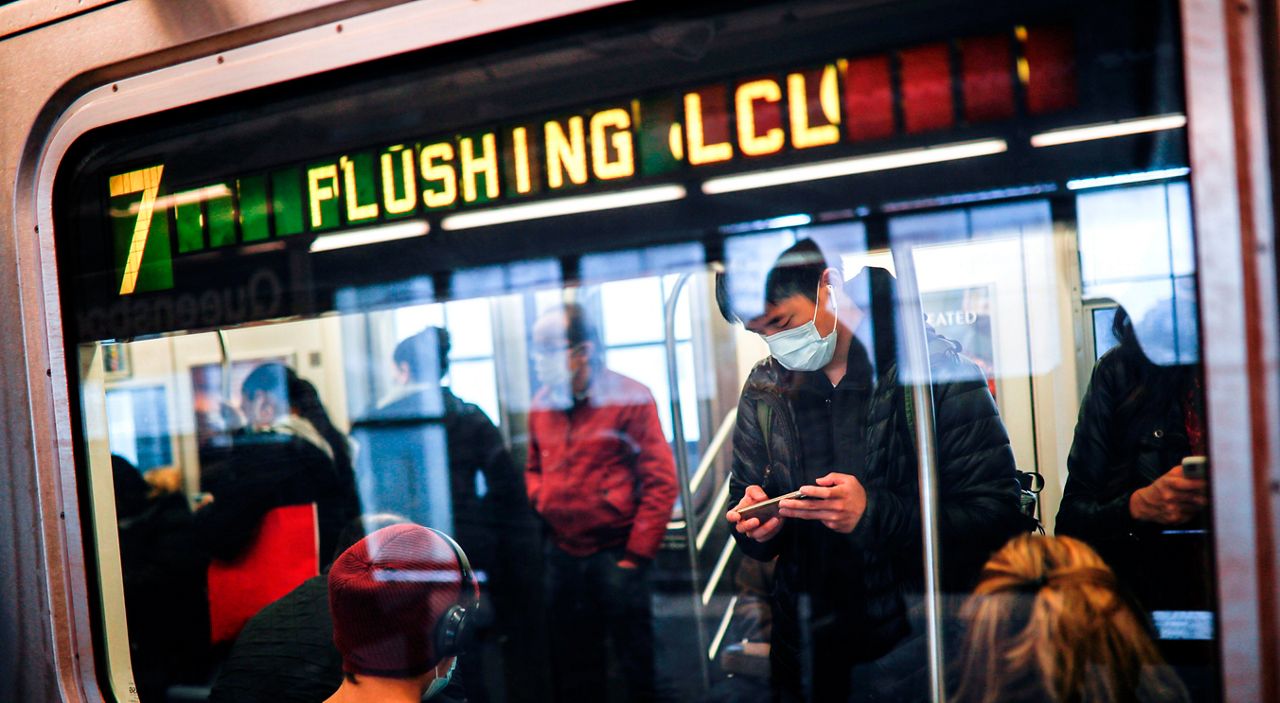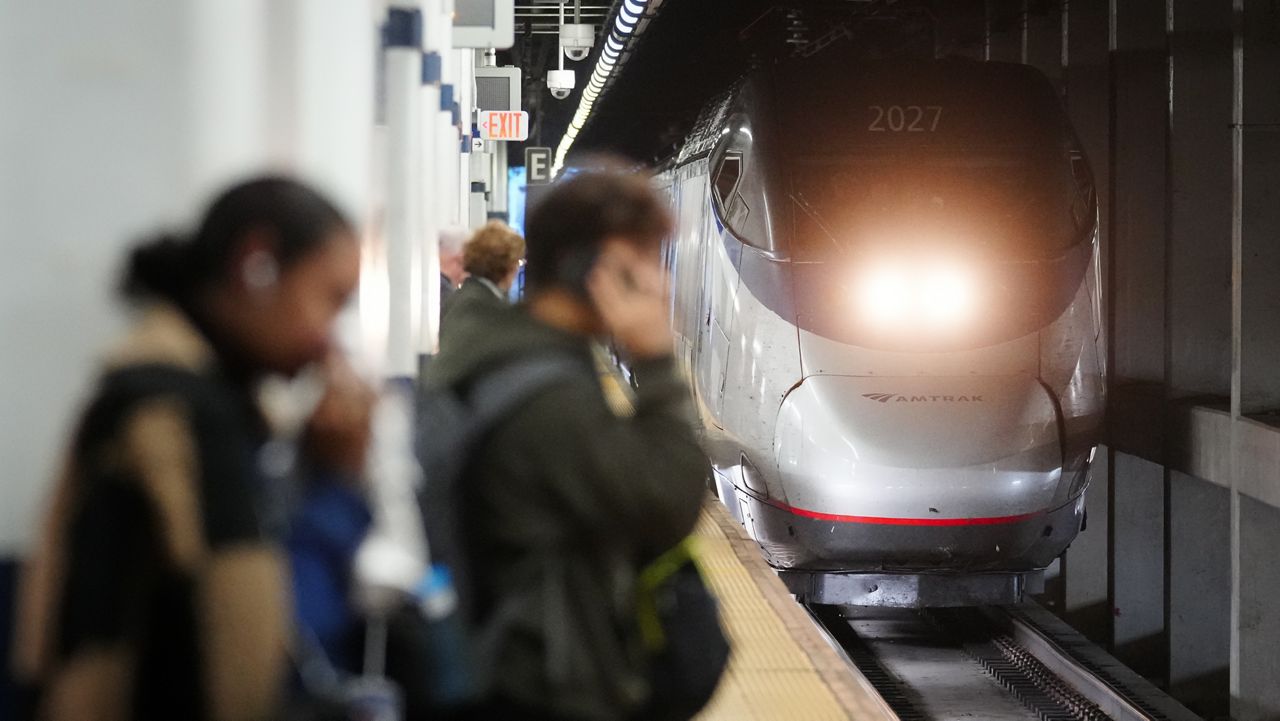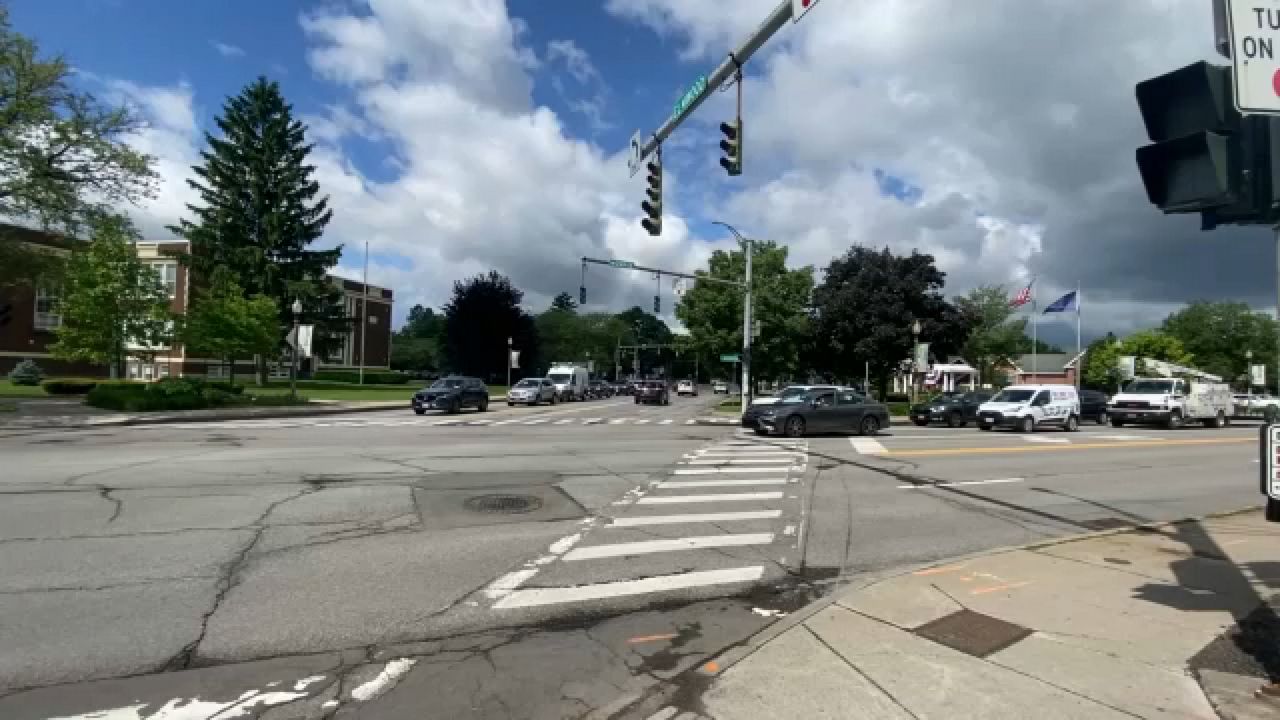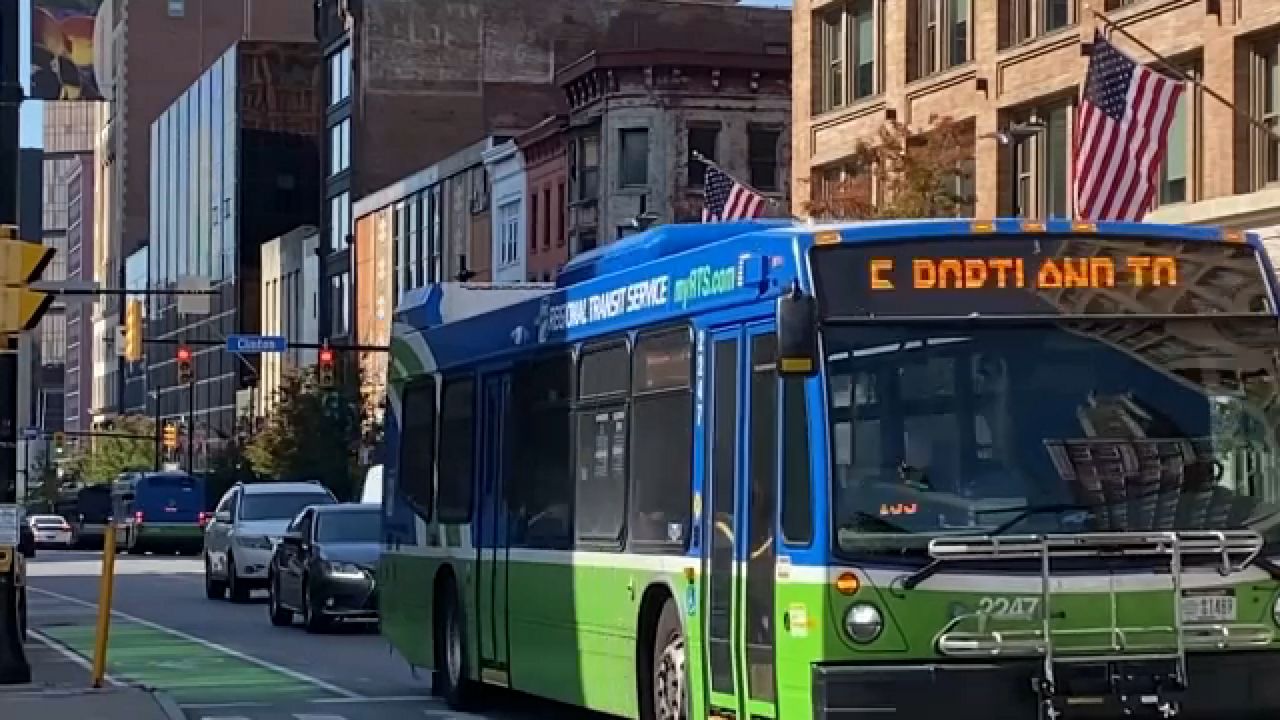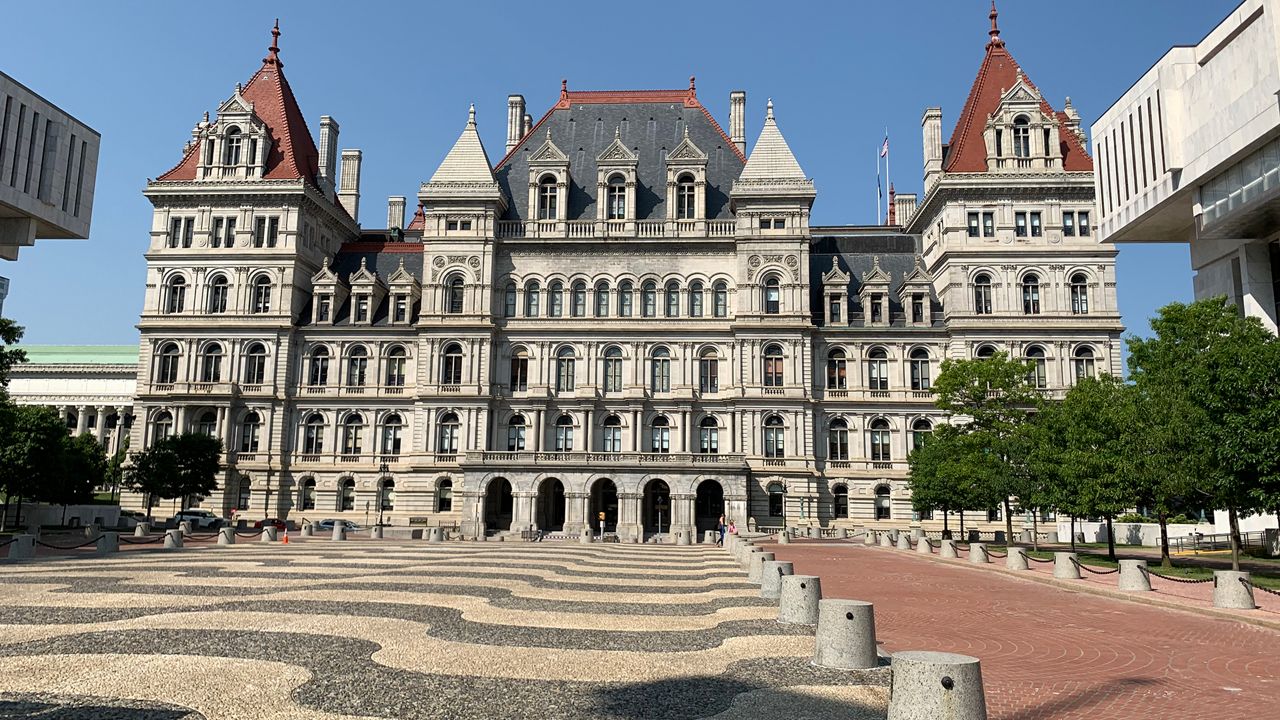NEW YORK - The Metropolitan Transportation Authority is facing its worst financial crisis in history, State Comptroller Tom DiNapoli warned in a report released Tuesday.
"If the federal government fails to provide additional assistance, the devastation to public transit in New York would be enormous. It would mark the end of regional public transit as we've known it," DiNapoli said in a conference call with reporters.
DiNapoli said without federal help, fares would increase and subway and bus service would be reduced by 40 percent, and commuter rail service would be slashed by 50 percent. DiNapoli warned if the MTA decided to borrow money to fund the shortfall, debt levels would rise to "suffocating levels." These projections have also been laid out by the MTA.
The system was already facing major budget problems before the onset of the pandemic, adding to the MTA's dire financial situation.
Although ridership has started to return, it is still significantly lower than it was prior to March. The MTA and the state comptroller estimate that revenues from fares and tolls will now be $10.3 billion lower than projected in the February budget plan.
The comptroller said projected budget gaps total more than $12 billion over the next four years. The 2021 budget gap, he said, is more than half the MTA's projected revenue.
The MTA received $4 billion in federal aid in the spring. It is requesting nearly $12 billion in additional help from the federal government, but stimulus talks remained stalled in Washington.
“The Comptroller's report is further independent validation that the MTA faces fiscal calamity for years to come if the federal government does not step up to provide the necessary $12 billion in COVID-19 relief funding we've been aggressively seeking," MTA Chairman & CEO Pat Foye said in a statement. "Continued inaction by Congress will not only hurt our customers and employees, but also the economic rebound of New York and the nation."
DiNapoli warned that borrowing could badly exacerbate the MTA's budget problems. If the agency borrowed the $10 billion authorized by the state, debt service in three years could amount to a quarter of every dollar in revenue. Even without more borrowing, the MTA's debt is projected to exceed 50 billion dollars in 2024.
The comptroller also said that the MTA's projections that ridership will return to pre-pandemic levels in 2023 might be optimistic given the uncertainties surrounding the virus.
"We don't have a crystal ball as to where the pandemic is headed." DiNapoli said. "We don't have a crystal ball as to when there will be a vaccine and what all that will mean in terms of human behavior and a willingness to get on the subways and the trains once again."


